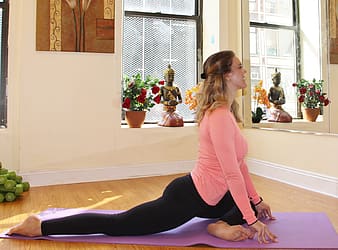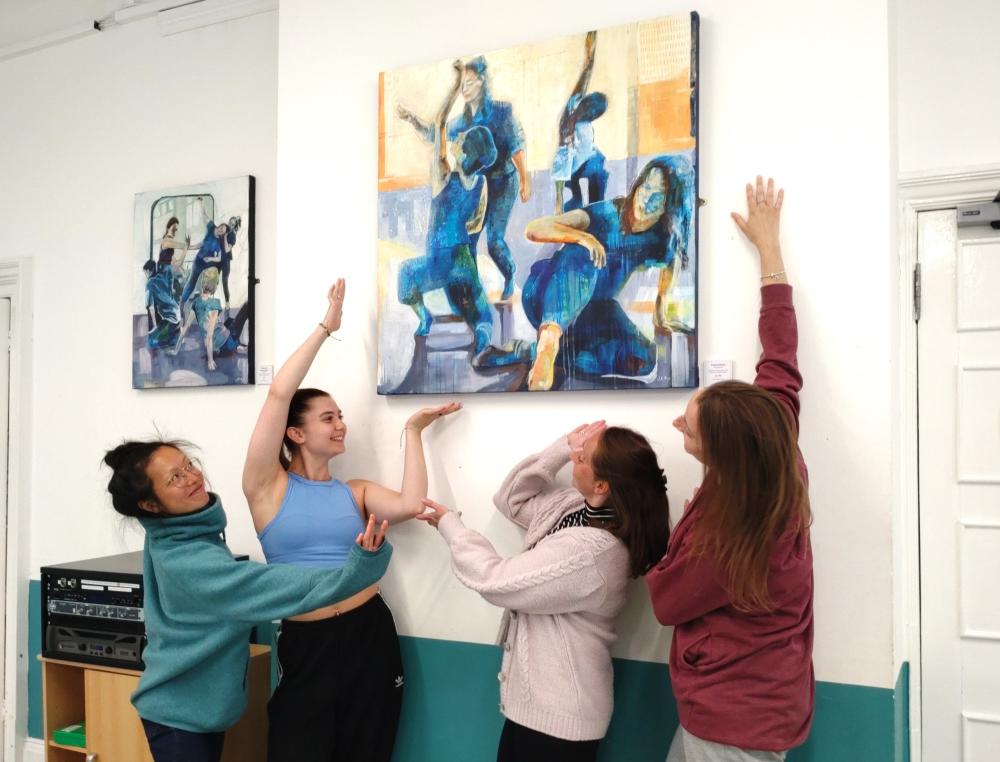With the government urging us to work from home and restrict opportunities to mingle with other people, it has never been more important to turn our attention to ways of keeping fit during this virus lockdown.
And this is an especially important consideration for the more senior members of our society, as they face the prospect of a 12-week period of self isolation.
Exercise is vital to maintain mobility, maintain a healthy immune system and for mental as well as physical health.
According to the NHS website, “there’s strong evidence that people who are active have a lower risk of heart disease, stroke, type 2 diabetes, some cancers, depression and dementia.”
Physical activity is anything that gets your body moving and your heart pumping faster - and it can include anything from a gentle stroll or gardening to yoga. The appropriate intensity of exercise for you depends on your overall health - if in doubt, seek medical advice.
The general guidance is to aim for at least 150 minutes of moderate activity every week - ideally you should aim to do something most days, for a period of more than 10 minutes. For example, 30 minutes a day for five days a week. Daily chores like shopping, cooking or housework do not count towards your 150 minutes because the effort is not hard enough to raise your heart rate, although they do help break up sedentary time.
The good news is that it is never too late to get started.
Walking - it’s worth remembering that self isolation does not mean you are a prisoner in your home. As long as you attempt to keep a distance from other people, there is nothing stopping you going out for a walk. Walking works the cardiovascular system and burns calories. To get your heart rate up, walk faster than a stroll. Picking up the pace can increase the intensity of your workouts. Add short bursts of speed or walk up an occasional steep hill.
Nordic walking: a full-body exercise where you walk with walking poles. It’s easy on the joints and suitable for all ages and fitness levels.
Yoga - whilst communal yoga classes might be out, if you have access to the internet, there are some excellent free online yoga classes out there. All you need is a mat and some space to put it! One of the best is Yoga with Adrienne on YouTube where you will find excellent yoga sequences suitable for all abilities.
Tai chi - This ancient Chinese art promotes mental and physical wellbeing. Movements are generally slow and controlled. This means you won't improve your cardiovascular fitness or get a calorie-burning workout, but it does improve strength, flexibility and balance. For more information see www.taichiunion.com
Pilates focuses on rebalancing the body and improving posture through slow, controlled movements and exercises. Regular practice can help you improve muscle strength and your overall sense of wellbeing. It can be helpful for people who can't jump around too much. Log on to the following website which includes everything you need to know about getting started in pilates, including free pilates video workouts. www.nhs.uk/live-well/exercise/guide-to-pilates/
For more great exercise ideas, including sitting, strength, flexibility and balance exercises see:
https://www.nhs.uk/live-well/exercise/easy-low-impact-exercises/










Your Comments
Be the first to comment on this article
Login or Register to post a comment on this article